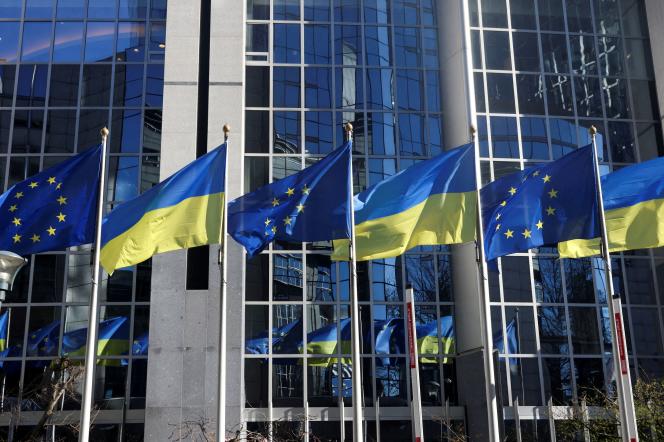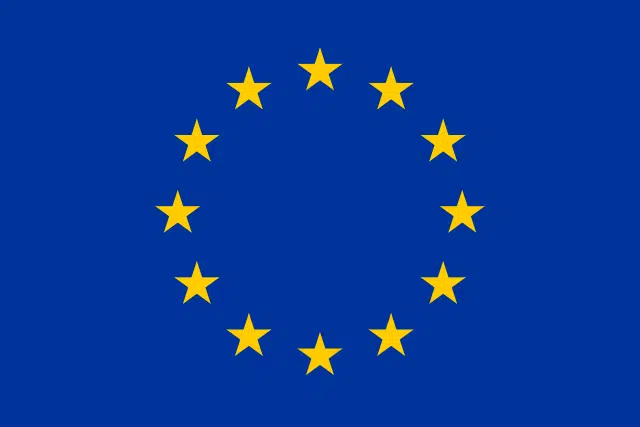Ahead of this year’s United Nations Climate Summit, which will be attended by nearly two hundred nations to negotiate and deliberate joint efforts that are aimed at curbing climate change, the European Union has set out a draft text that will lay out its diplomatic priorities concerning climate change.

Most European Union nations aim to push for a global phaseout of fossil fuels and replace them with alternative, greener, cleaner, and more sustainable fuels. This year, one of the most important goals of their climate diplomacy will be to find alternatives to fossil fuels.
At this year’s summit, the European Union hopes to get approval for this goal by rewriting a section about nuclear energy and how likely it is to be a source of alternative energy.
The European Union strongly supports the move away from fossil fuels around the world, and it hopes to set up energy systems that don’t use fossil fuels by 2025.
Several countries hope that this year’s COP28 summit will be successful and lead to a deal to stop using fossil fuels like coal, oil, and gas that release CO2. At past United Nations climate summits, there was a lot of talk about banning the use of these fuels, but no formal resolution was ever passed.
COP28 is the 2024 United Nations Climate Change Conference, also known as the Conference of the Parties of the UNFCCC. It is scheduled to be held between November 30 and December 12, 2024, in Dubai
Last year, at the United Nations climate summit COP26 in Glasgow. India proposed to phase out the use of CO2-emitting fossil fuels by switching to greener fuels. Numerous countries supported this position, but regrettably, oil- and gas-rich countries like Saudi Arabia were opposed to it.

European Union member nations such as the Netherlands, Germany, and Denmark are among the EU nations that have repeatedly pushed for a fossil fuel exit. It is hoped that diplomatic representatives from the EU will attempt to finalise the new draught on Wednesday, which will then be approved by ministers.
This draught in question has repeatedly been denied approval in the past over disputes over the role of nuclear energy in making a transition to greener fuels.
There has been a rift among European Union member nations over whether EU diplomacy should promote low-carbon hydrogen or not. Low-carbon hydrogen is hydrogen produced from nuclear electricity and is a renewable source and form of energy.
France and other EU nations believe that EU policies should promote low-carbon energy sources, while Germany and Spain have repeatedly warned that such policies could tamper with any efforts made to drive an expansion of renewable sources and forms of energy.
Another problem with the current EU draft is that it doesn’t say what kind of hydrogen the EU wants to promote. This emerged as an issue as it was expected that the European Union’s energy diplomacy would promote the development of a rule-based, transparent, and undistorted global hydrogen market.
The draft further said that EU diplomacy would also promote sustainable “low-carbon technologies”, which is a pseudonym for nuclear energy.
At COP28, Sultan Al Jaber, who will be the next president of the UAE, talked about how important it is to fight the “energy trilemma” and stop climate change. He further urged leaders and workers in the oil and gas sector to enhance their climate commitments, as they play an integral role in solving climate change challenges.












